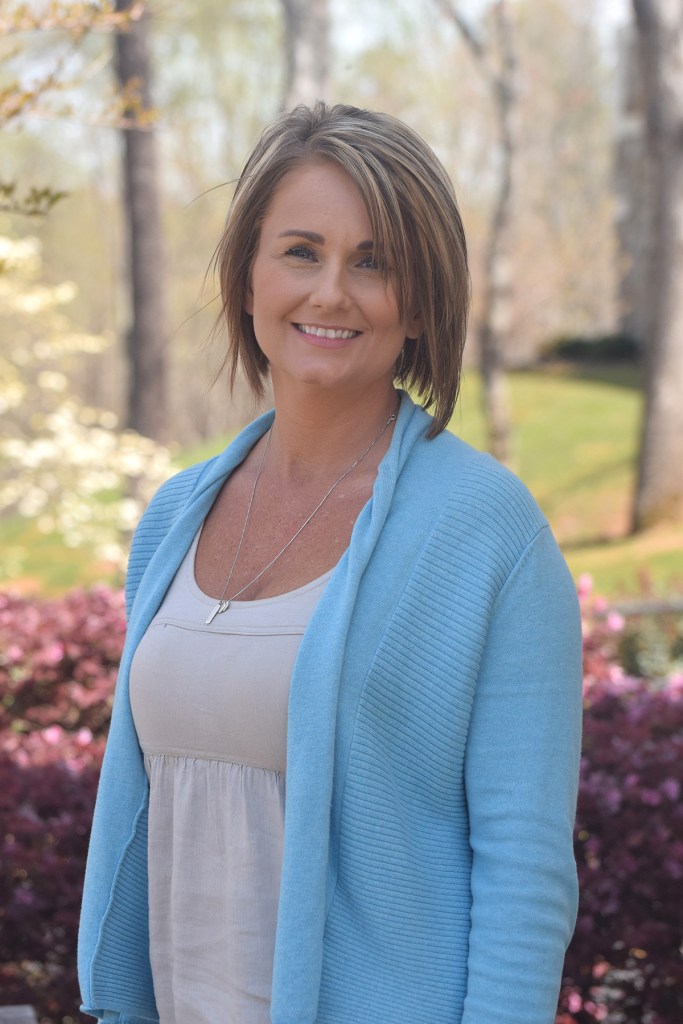Senior Life Solutions offers tips to cope with anxiety and isolation
Published 1:50 pm Friday, March 27, 2020

- Senior Life Solutions Program Director Paula Hipp
|
Getting your Trinity Audio player ready...
|
Americans of all ages are experiencing increased social isolation and loneliness while combatting the COVID-19 pandemic. According to the National Institute on Aging, nearly 14 million older adults in the U.S. live alone and are especially vulnerable during this time. Their research has linked social isolation and loneliness to higher risks for a variety of physical and mental conditions such as high blood pressure, heart disease, obesity, a weakened immune system, anxiety, depression, cognitive decline, Alzheimer’s disease and even death. St. Luke’s Hospital’s Senior Life Solutions Program encourages people to engage in meaningful, productive activities to help boost mood and maintain overall emotional health and well-being.
“It is important to find ways to connect and engage in activities to help mitigate symptoms of anxiety and depression during this challenging time,” said Senior Life Solutions Program Director Paula Hipp. “We have put together quick tips to share with our communities in an effort to encourage self-care and support.”
Quick Tips for Older Adults Experiencing Social Isolation
- Find or keep a sense of purpose by engaging in a hobby such as growing an herb garden, working on crossword puzzles, knitting or other hands-on activities.
- Age-appropriate workouts can help maintain good physical and mental health. Gentle exercises such as walking are suggested. Please consult a healthcare professional or primary care physician before beginning an exercise regimen.
- Manage medication. Do you have enough to last you for the next 30-60 days? If you need help managing medications, contact your doctor or a loved one who can help you.
- Keep a routine that includes consistent sleep/wake cycles. Incorporate talking to family or friends in that routine by writing letters or calling on the phone.
Trending
Quick Tips for Families
- Stay active together! Walk the family dog, take a bike ride or a walk together.
- If your church has temporarily closed, check-in with them to see if they are offering virtual services that your family can attend together from home.
- If you have kids or grandkids home from school, make a video (on your smartphone) and send it to a loved one who lives far away.
Quick Tips for Caregivers
- Make a list of things that help you relax and take two or three breaks throughout the day.
- Call or write a friend who can lend a sympathetic ear, make you laugh and remind you that you are not alone.
- Pursue interests such as hobbies, sports, crafts and other pursuits. These activities help clear your mind of worry – if only briefly.
How to Care for Yourself
- Nourish your body. Be sure to eat a balanced diet and drink plenty of water.
- Take a break from the news. Although it is important to stay updated, it is recommended to take at least one daily 15-minute break from news sources.
- Stay connected to your loved ones or a mentor by calling them on your phone or by using applications like Facetime or Skype to have virtual visits.
“Think of self-care as an oxygen mask on an airplane,” added Paula Hipp. “The flight attendant always instructs travelers to put on their own mask before securing others. You must take care of yourself right now to continue caring for and supporting those around you.”
If you or a loved one is in distress, contact the Substance Abuse and Mental Health Services Administration (SAMHSA) Disaster Distress Helpline at 800-985-5990. This excellent resource provides 24/7, 365-days-a-year crisis counseling and support to those experiencing emotional distress related to natural or human-caused disasters.
Additionally, older adults and adults living with disabilities can contact the Institute on Aging’s 24-hour toll-free Friendship Line, an accredited crisis line at 800-971-0016. If you are experiencing a mental health emergency, go to your nearest emergency room or dial 911.
Trending
Senior Life Solutions at St. Luke’s Hospital is an intensive outpatient counseling program which addresses the emotional and behavioral health of adults over the age of 65. Through a combination of therapies, education and wellness programs, Senior Life Solutions assists older adults who are experiencing depression, anxiety, have recently experienced a traumatic event and a host of many other symptoms. Paula Hipp, BSN, RN, can be reached at 828-894-9890 or Paula.Brooks1@slhnc.org.
Becky Rickenbaker





